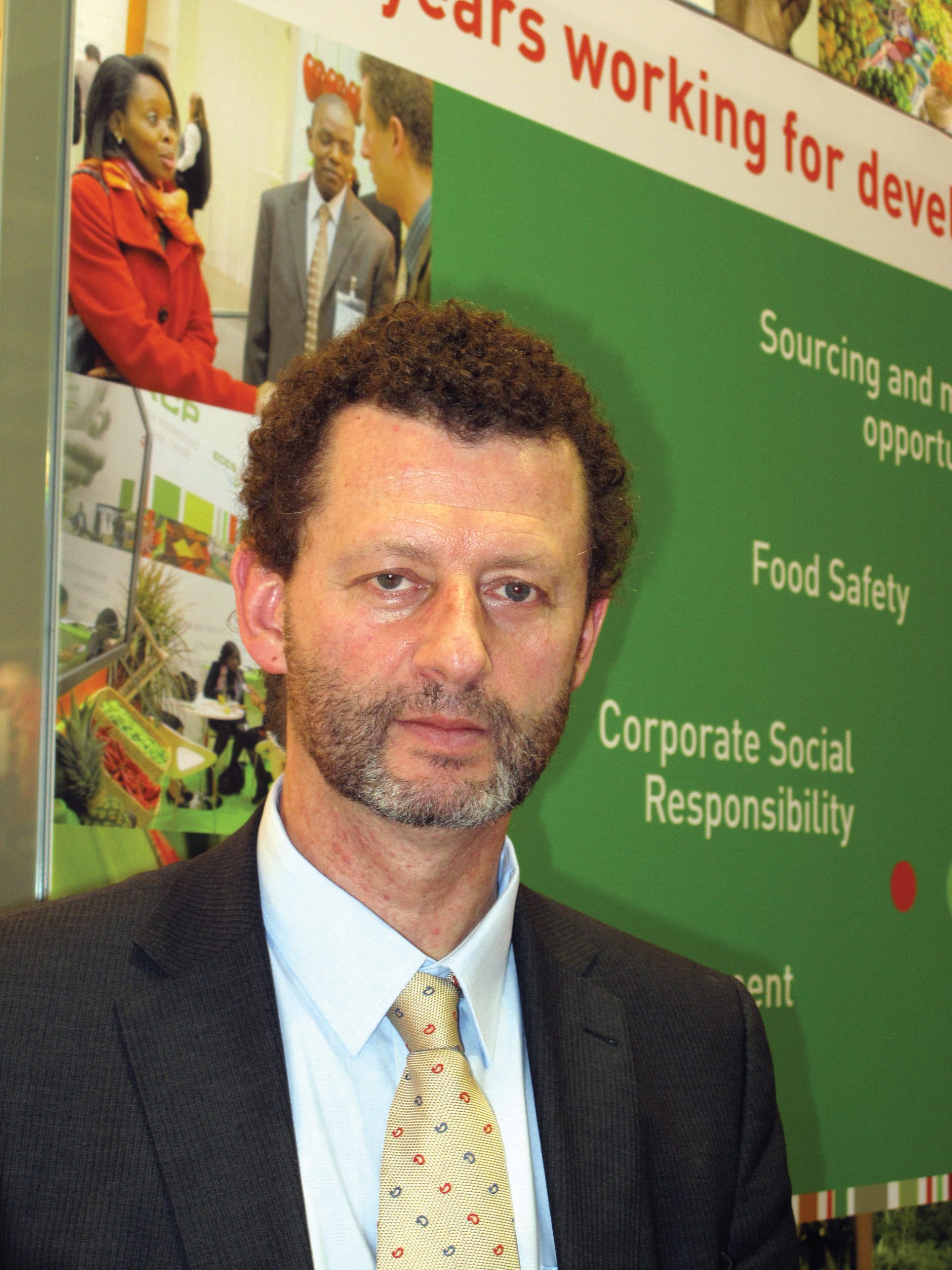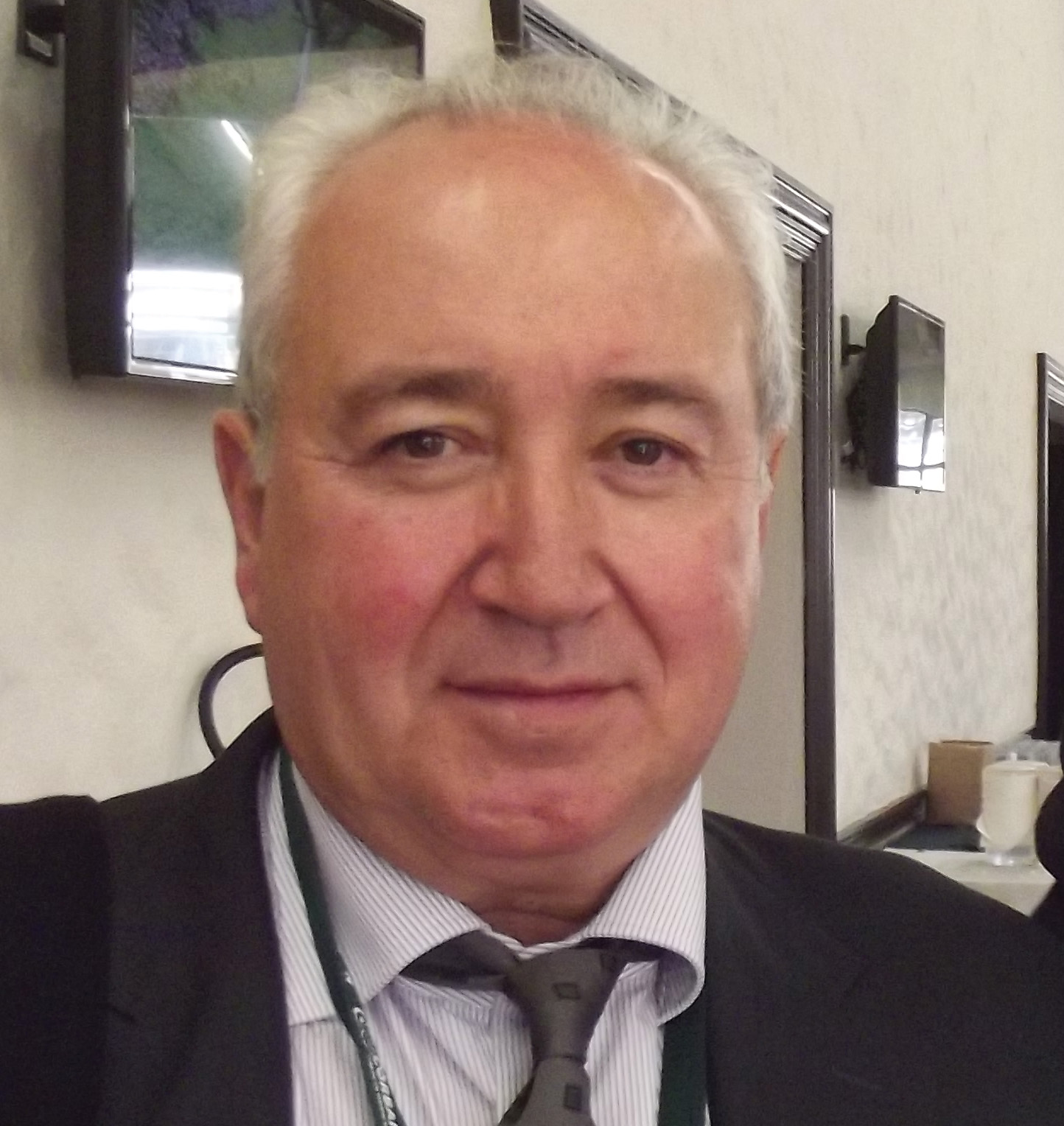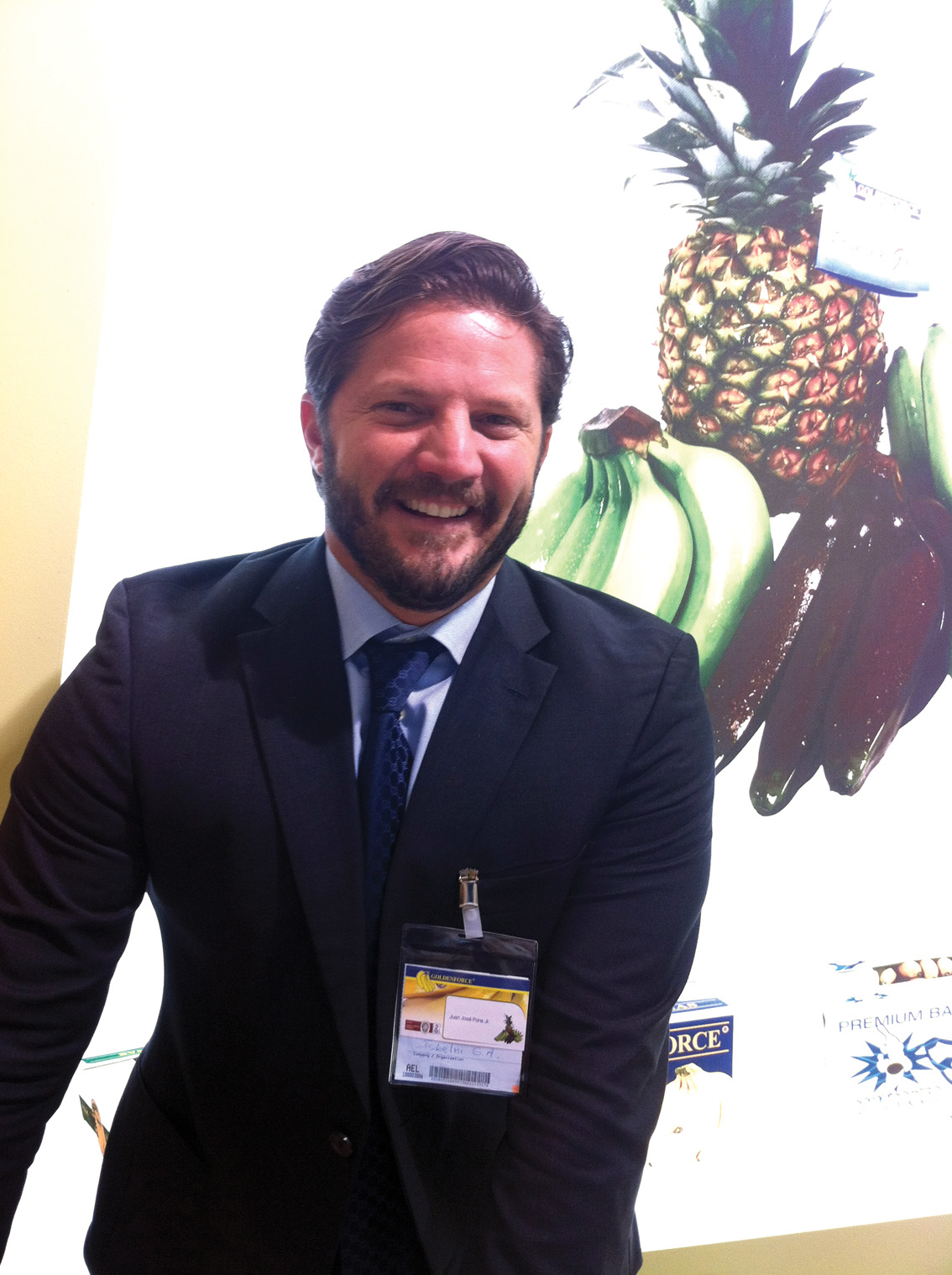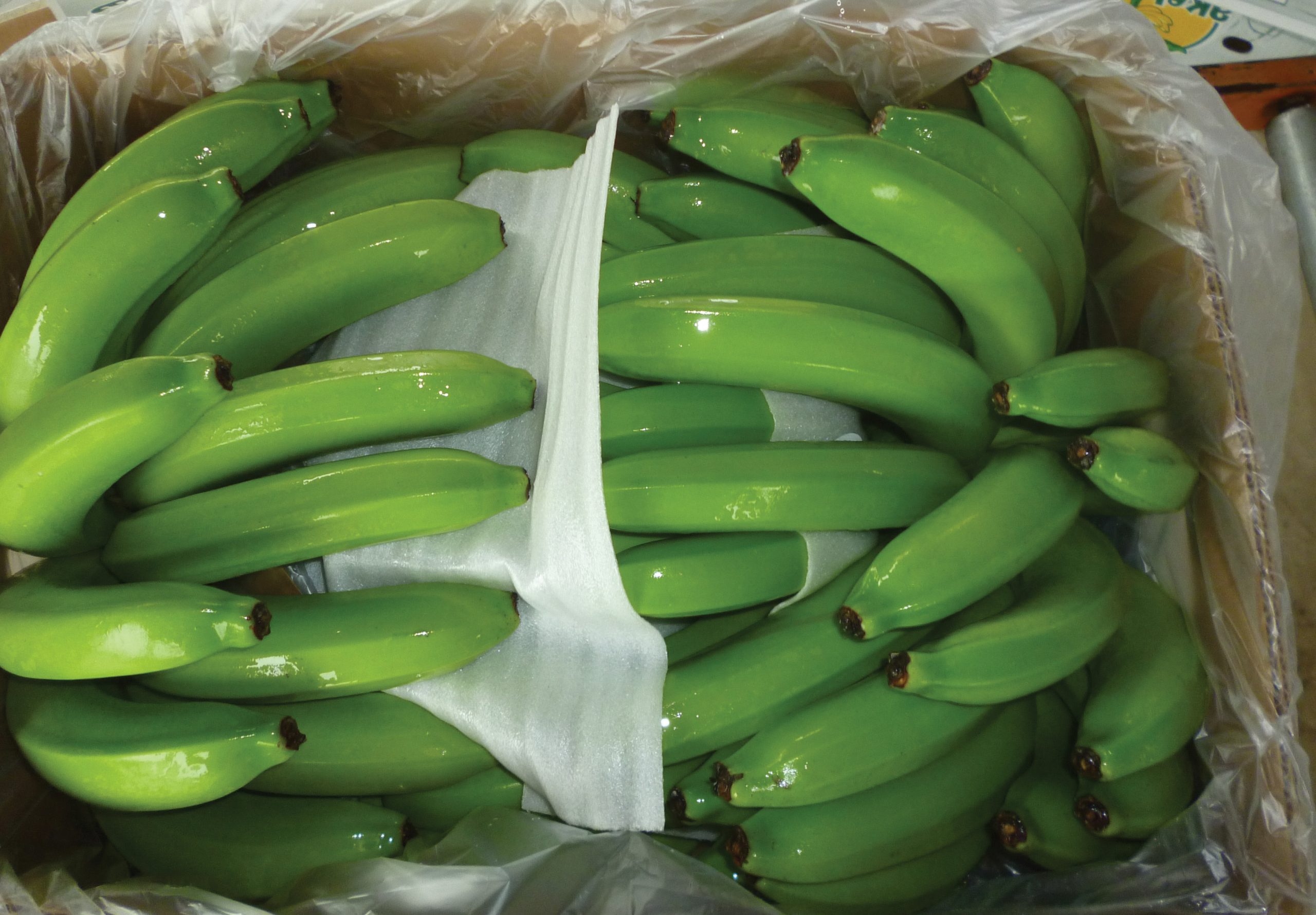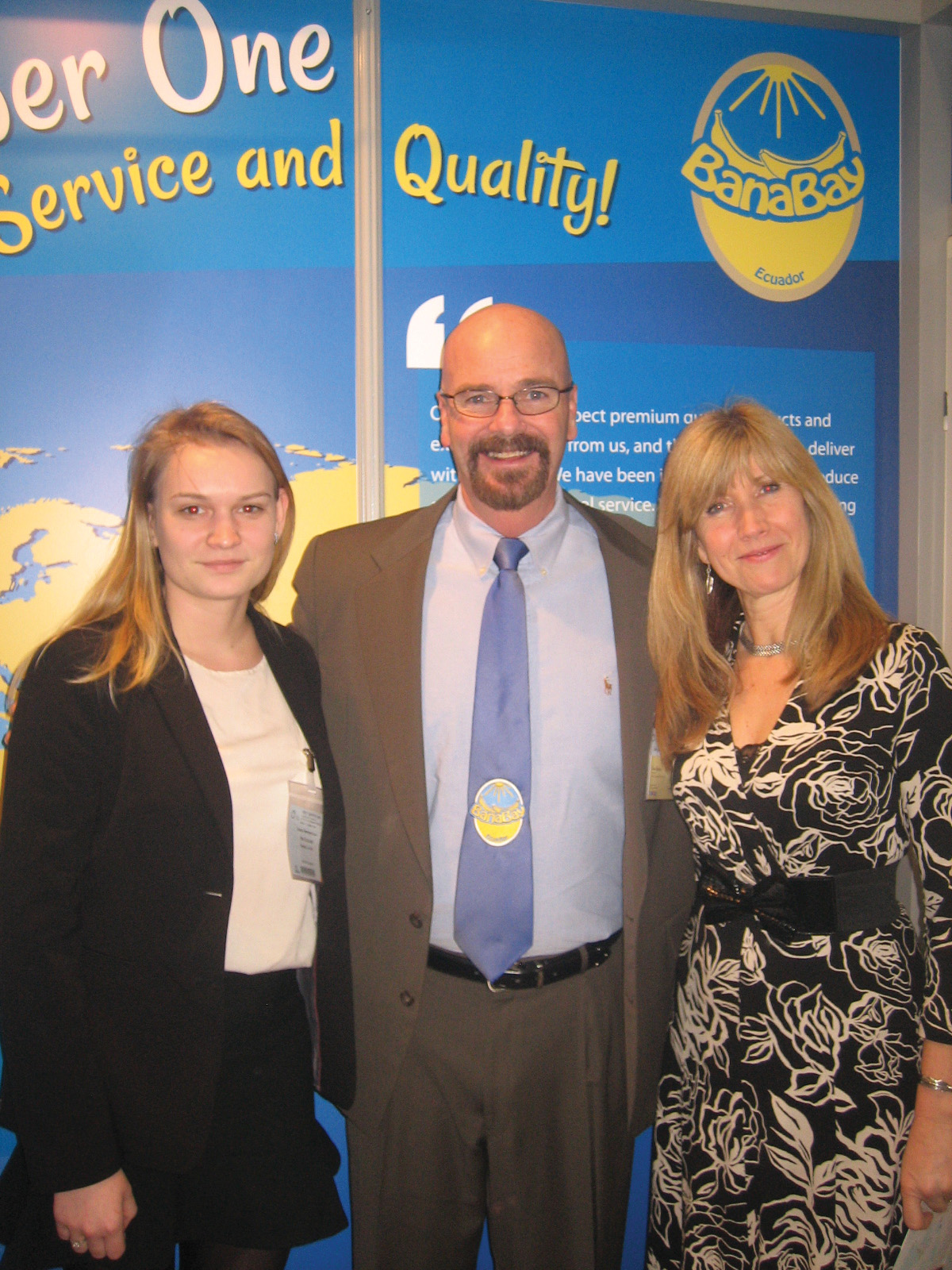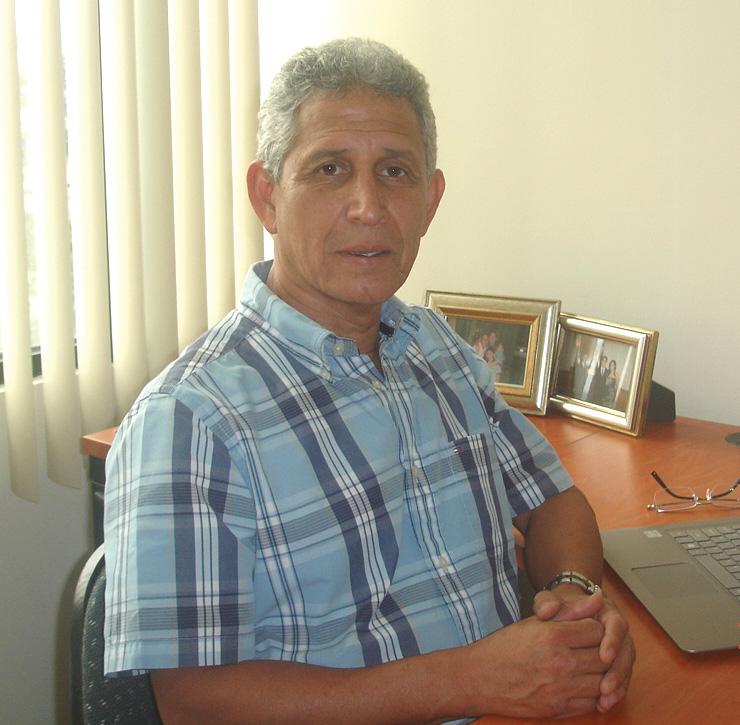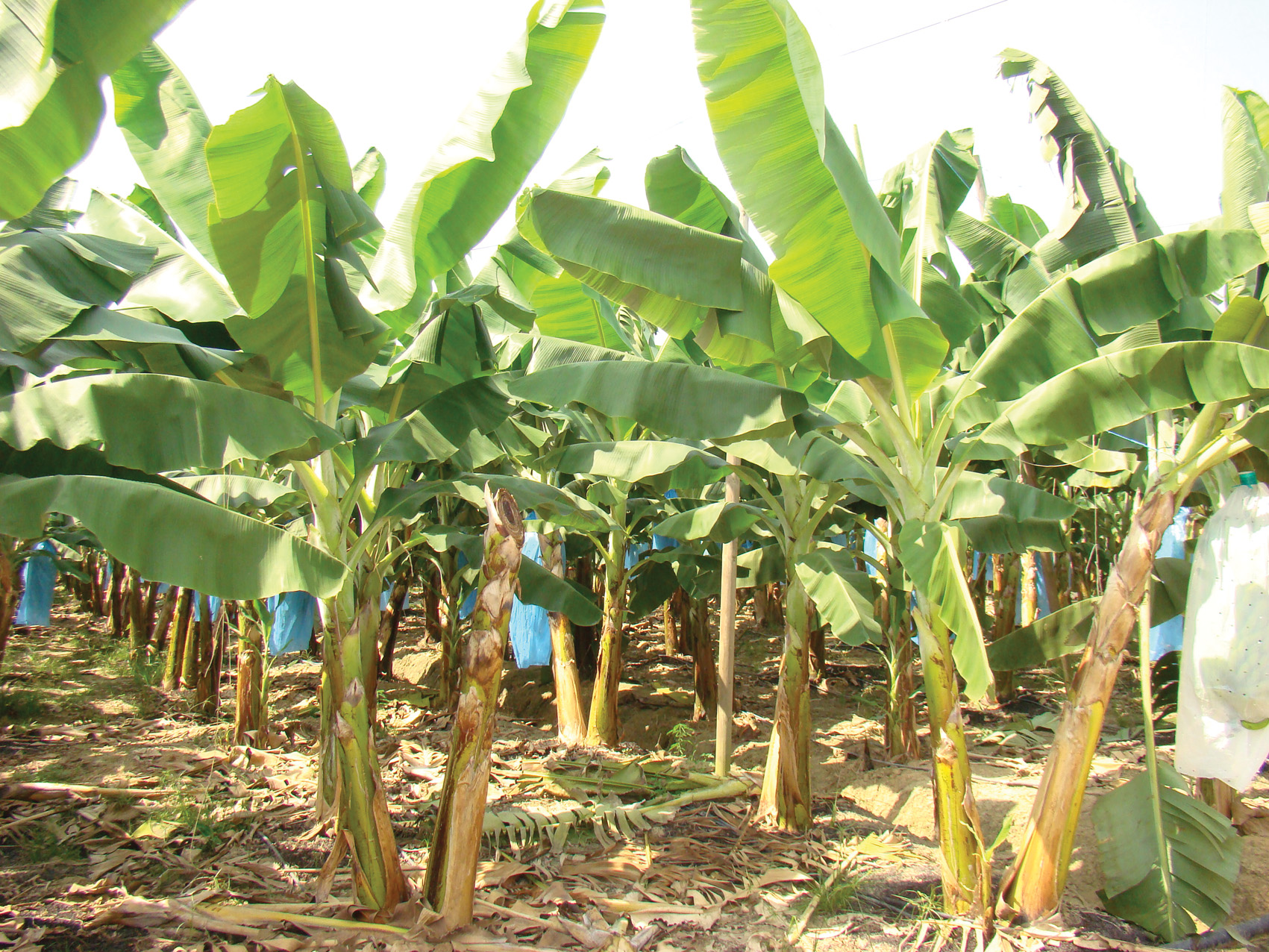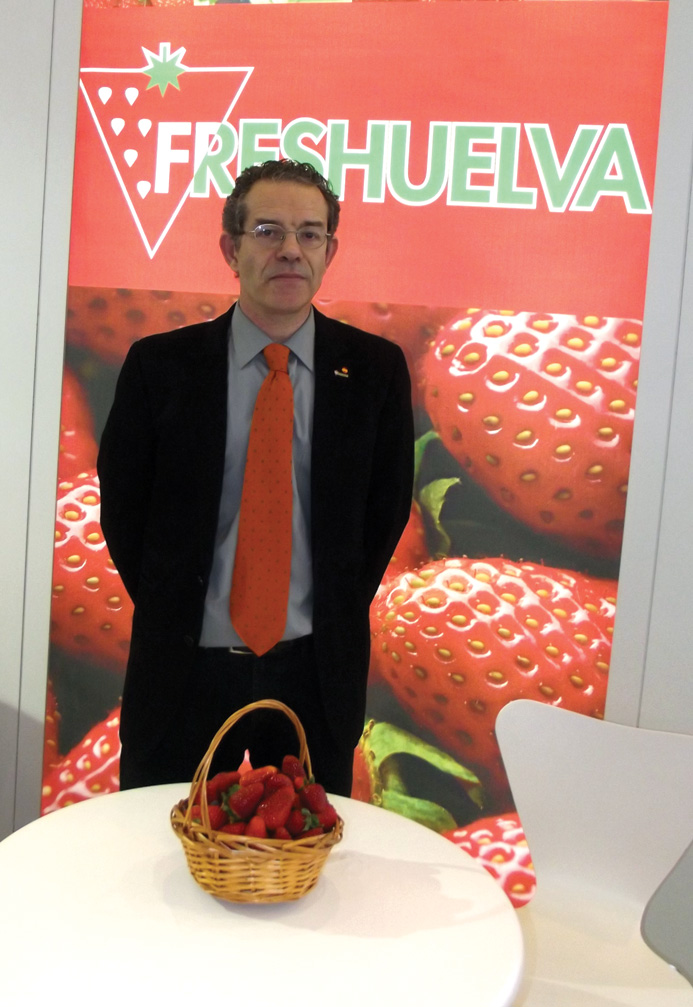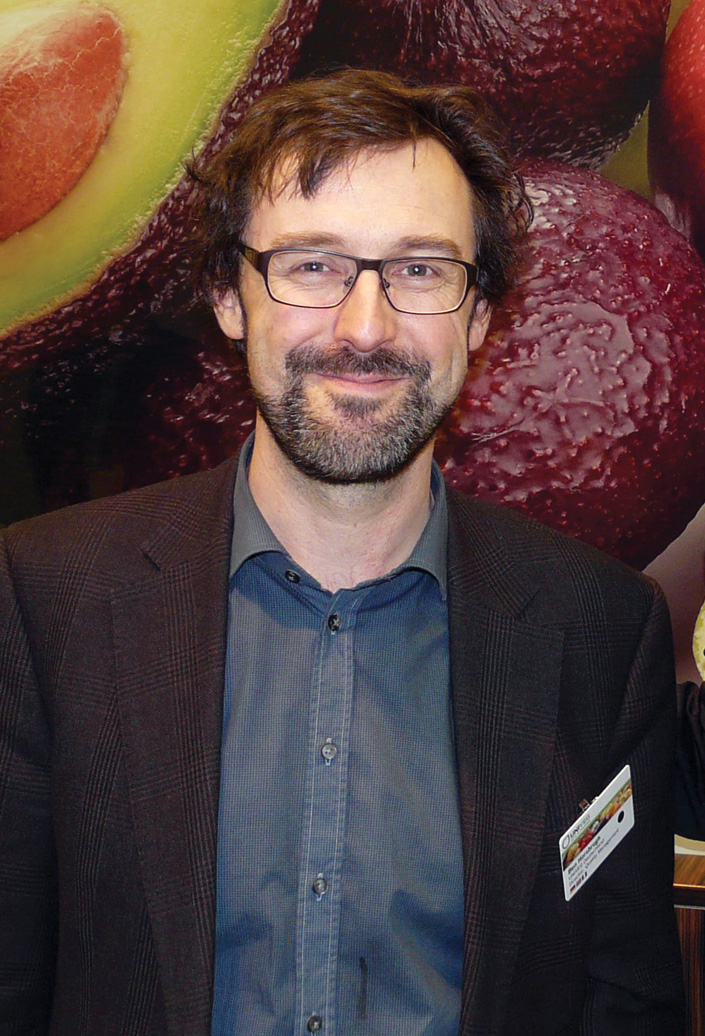
UNIVEG’s sustainability policy has been developed with retail clients rather than end consumers in mind for very practical reasons, explains the company’s Ben Horsbrugh.
UNIVEG is not a company to make a big noise about its sustainability strategy but has been no less effective in working on this complex issue. Away from the limelight, the Belgium-based fresh produce Group has been developing and implementing corporate social responsibility and sustainability policies over the past decade.
As Ben Horsbrugh UNIVEG’s director of Quality Management explains, the Group’s sustainability strategy has been developed more with its retail clients and less with the consumer in mind, in order to support retailers’ drive to improve the sustainability of their supply chains.
“Our sustainability mission statement is based on three pillars: supply chain, sourcing and society,” he says. “The strategy emerged from an intercompany process involving all top managers, in which we asked ourselves, ‘How can we improve the environmental and social performance of our supply chain and the sustainability of the produce we are sourcing?’ The final strategy, which can be found on our website, was developed by the managers who have the responsibility for implementation within our Group.”
In 2013 UNIVEG set itself the goal of producing an internal sustainability report summarizing the measures determined by each company within the Group. These included a wide range of initiatives ranging from social projects in South Africa and South America to energy efficiency improvements in UNIVEG packhouses. The process of producing the report, which was centrally coordinated by the UNIVEG Sustainability Team, had the effect of stimulating engagement and dialogue within the organization.
Making consumers aware of all this work is currently not a central priority for the company. As Ben Horsbrugh explains, “We could do a lot of publicity on our sustainable strategy and structure, but we don’t want to blow our trumpet too early.” Instead the company is focusing on putting the resources in place to implement concrete sustainability measures. For example, UNIVEG’s Peru-based Social Standard Coordinator, Olga Orozco, works on supporting and advising suppliers in improving social standards and complying with standards such as BSCI. These type of projects often improve the social impact on local communities. The aim of all this work, says Horsbrugh, is to integrate sustainability into UNIVEG’s business model. “UNIVEG is a public interest company, not a public limited company; making an effort to improve the sustainability of our value chain goes hand in hand with protecting the reputation of UNIVEG,” he says.
One of the biggest challenges to achieving an effective sustainability strategy is finding ways to increase value and not costs and Ben Horsbrugh admits that this is a big challenge. “Keeping costs under control as prices for raw materials and land increase is tough. Managing fruit and vegetable supply chains under volatile climate conditions is challenging. Finding and allocating the resources in tough markets to make supply chains more sustainable may seem like the icing on the cake, and I think that it is fair to say, that almost all companies in our sector are on a big learning curve here. However, since sustainability is on the agenda of every supermarket, it seems clear that the competitive advantage will go to companies who can manage these challenges most effectively.”
SM

